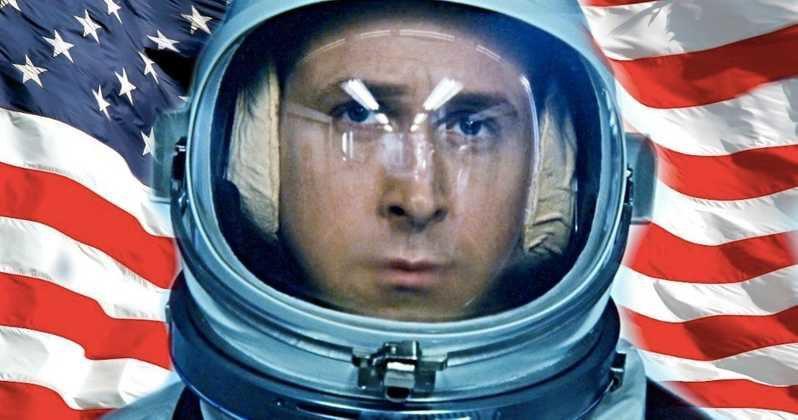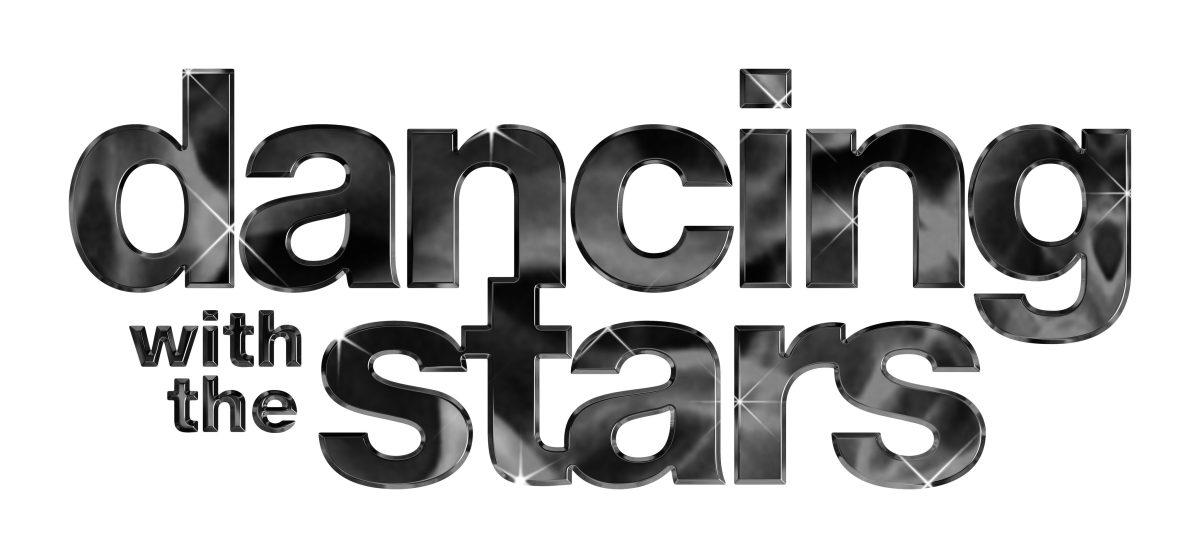For a movie about reaching the moon and shooting for the stars, “First Man” fell short of a “giant leap for mankind.”
“First Man,” directed by Damien Chazelle, follows the story of Neil Armstrong (Ryan Gosling) from his early 1960s days of being a pilot to his great moon landing in July of 1969. The film introduces his wife (Claire Foy) and his children, and their journey along his side.
Everyone knows a fair amount of information about Armstrong and the moon landing — it’s a staple of American culture and history. This movie dabbled in giving audiences an inside look at Armstrong’s life, but not enough to make it a revolutionary film.
The film shows Armstrong’s struggle with the death of his young daughter in the early ’60s, but not much else about his personal life is shared throughout this movie. Audiences are left feeling unresolved with questions about Armstrong’s feelings about the tremendous journey he was about to embark on.
Gosling was extremely bland in his role as Armstrong. Compared to his last iconic role of Sebastian in “La La Land,” also directed by Chazelle, Gosling was not given much to work with. More insight into Armstrong’s mind throughout his space journeys could have provided Gosling with much more material to work with.
There are many slow-moving dramatic scenes of Armstrong traveling through space that do nothing but give audiences uneasy feelings of anxiety. Imagine a slightly less painful “2001: A Space Odyssey” sequence.
This film tried to avoid making it a political piece, and it does deserve recognition for that. It focused solely on this great American accomplishment during the dramatic tension of “The Great Space Race” with the Soviet Union.
The film received controversy for not showing Armstrong physically plant the American flag into the moon’s surface. However, not seeing the planted flag did not take away anything from the pride of the accomplishment. It was not a statement — it was simply avoided to maintain the goal of this film not being political.
Aside from one particular scene where “Whitey on the Moon” is recited, the very prominent civil rights movements of the time are also left out. This film had a goal of telling the story of Armstrong and his tremendous feat without triggering political stances of today’s audiences. I would say they achieved that goal.
This film certainly tells the tale of triumph and perseverance when the U.S. faced one of its most competitive times of innovation. It is an accurate and realistic portrayal of one of the biggest accomplishments in American history, but I believe it comes at the price of sacrificing the intrigue and attention of audiences everywhere.







